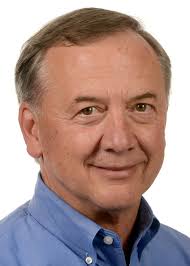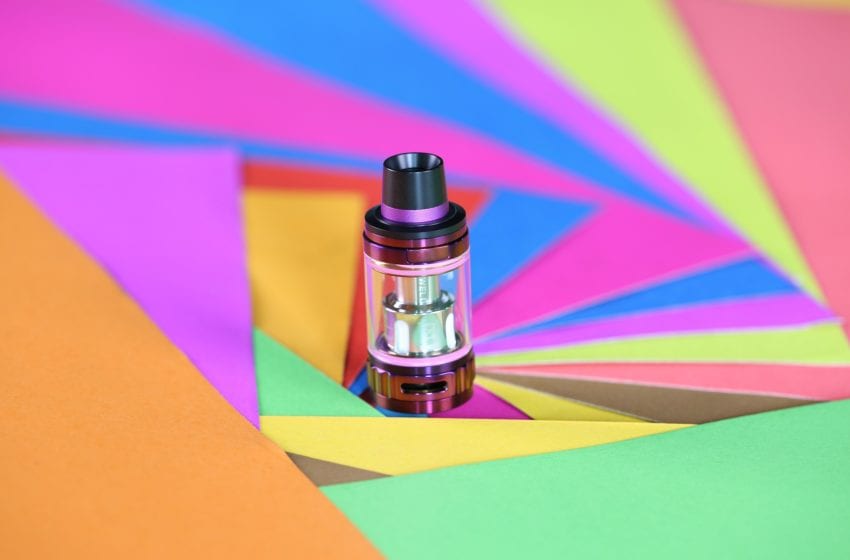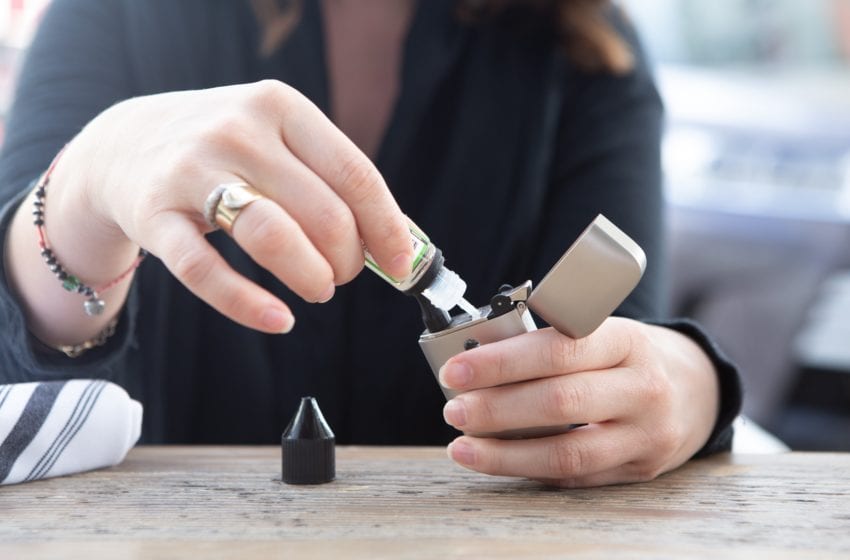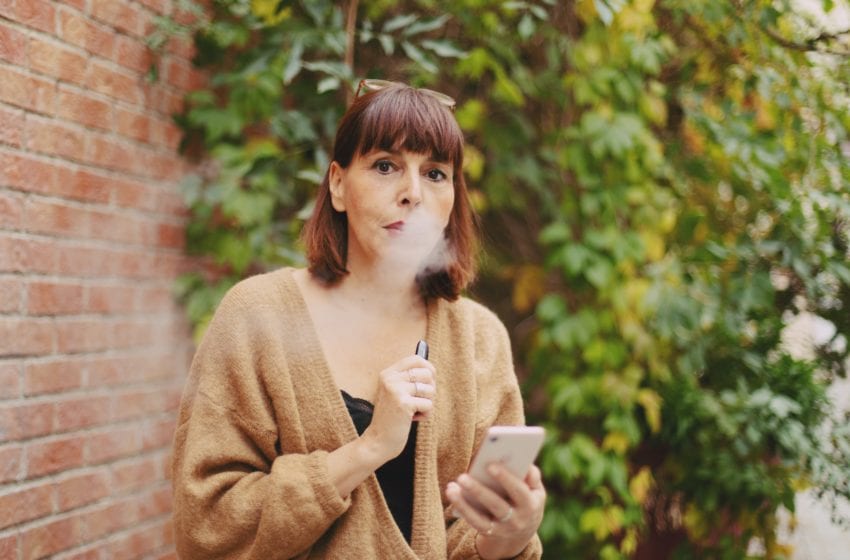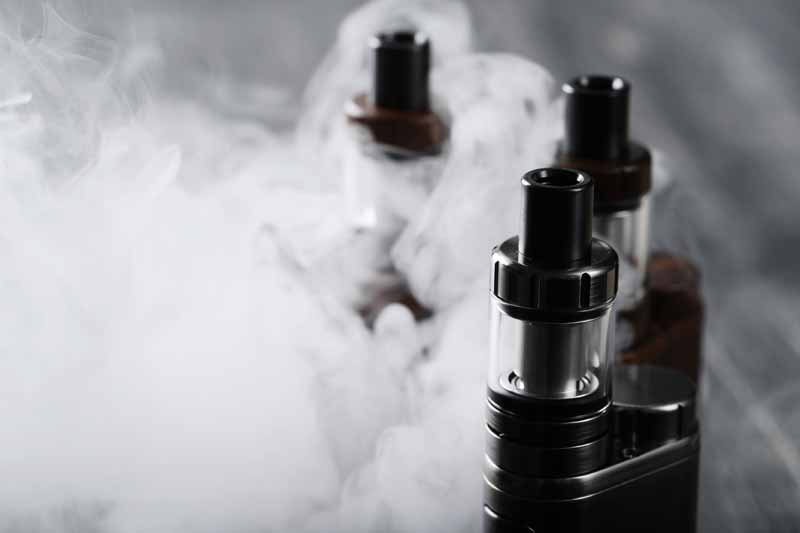Denver becomes the seventh Colorado municipality to enact a ban on flavored vaping products.Read More
Tags :colorado
The Loveland Reporter-Herald obtained the messages from Mayor Jacki Marsh after a confidential tip.Read More
A Loveland, Colorado city council meeting got heated when members asked about CTFK funding.Read More
How did the Loveland City Council go from discussing teen vaping to a ban on adult's making choices?Read More
Talks continued after a marathon six hours of debate and public comment during Tuesday’s meeting.Read More
Loveland's City Council voted 6-3 on Nov. 24 to introduce the ban on flavored vapor products.Read More
After a 6-3 vote from its city council on Tuesday, Loveland, Colorado is on track to ban flavored vaping.Read More
Proposition EE’s is estimated to raise up to $250 million in revenue this fiscal year and next.Read More
Today, cigarettes and tobacco products are taxed in Colorado. Vaping products are not. Read More
Colorado's Governor, Jared Polis signed legislation on Wednesday referring it to the statewide ballot.Read More



